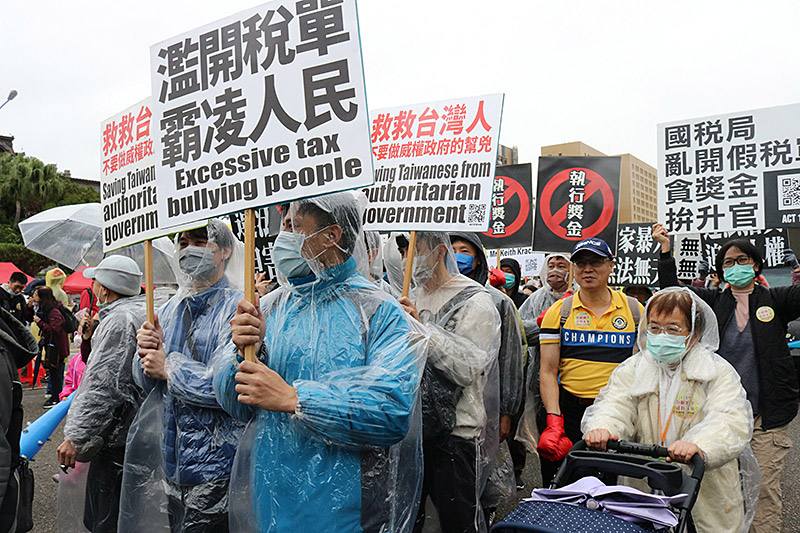Operator of Massachusetts Temp Agency Pleads Guilty to Employment Tax Fraud and Obstructing The IRS
A Massachusetts temporary employment agency operator, on February 15, pleaded guilty in Boston federal district court to an indictment charging him with conspiring to defraud the government, failing to pay over employment taxes and obstructing the internal revenue laws, announced Principal Deputy Assistant Attorney General Richard E. Zuckerman of the Justice Department’s Tax Division.
According to the indictment and statements provided in Court, Tien Chau ran an employment agency that provided temporary labor to businesses in Massachusetts and New Hampshire. The agency operated under at least four different names: Central Boston Staffing Services, Metro Boston Staffing Services, General Staffing Inc. and Kim’s Staffing Inc. Chau and others used nominees to conceal their ownership of the business.
From 2006 through 2011, Chau and others conspired to conceal the agency’s total number of employees from the Internal Revenue Service (IRS) to lower the staffing agencies’ employment tax liabilities. Chau attempted to hide the size of their workforce from the IRS by paying most of the employees cash under the table and filing false employment tax returns that both underreported the number of employees and omitted wages paid in cash. Chau and others in the conspiracy allegedly cashed over $11 million in client checks at a check cashing facility in Worcester and used the staffing agency’s site supervisors, office manager and drivers to pay the employees in cash.
The conspirators sought to obstruct an investigation by, among other things, directing an employee, after learning of her interview with special agents, to assist with shredding the agency’s records. Chau also allegedly destroyed and removed computers and computers equipment from the business’s office.
A sentencing date has been set for May 17, 2018. Chau faces a statutory maximum sentence of five years in prison for the conspiracy charge, five years in prison for each employment tax count, and three years in prison for obstructing the internal revenue laws. He also faces a period of supervised release, restitution and monetary penalties.
Source: U.S. Department of Justice
- 335 reads



